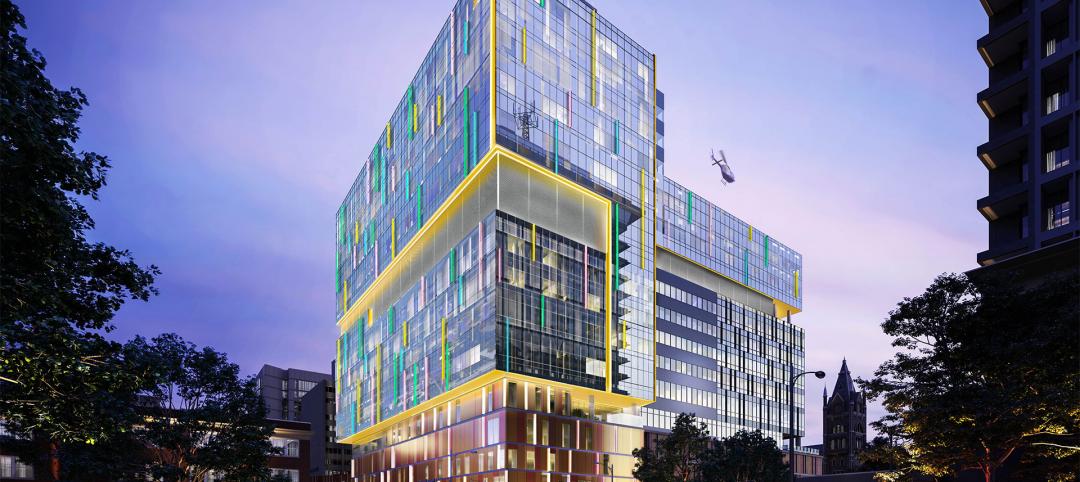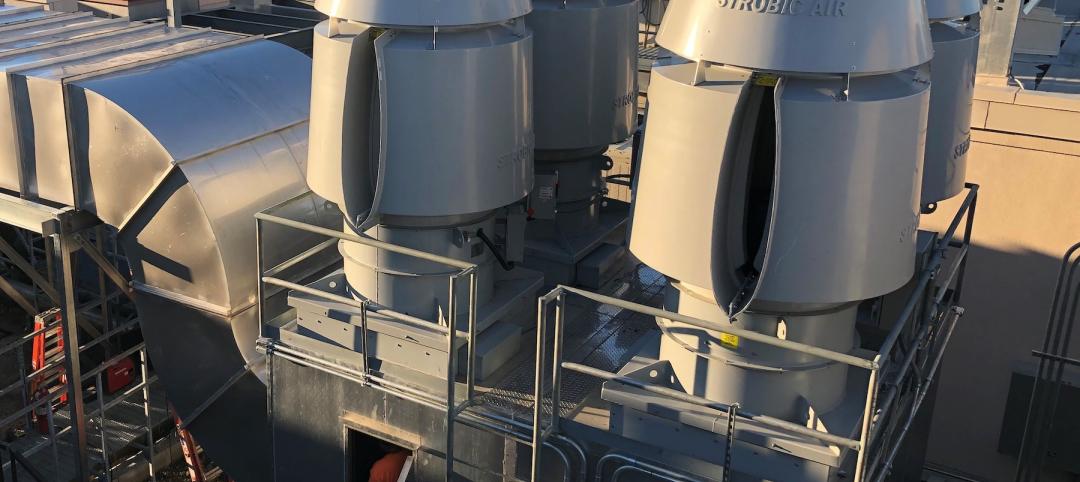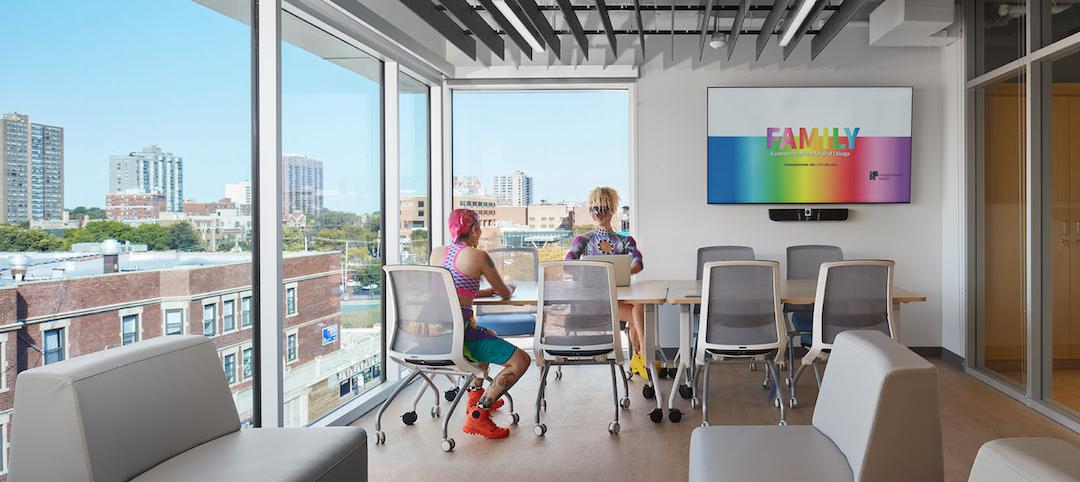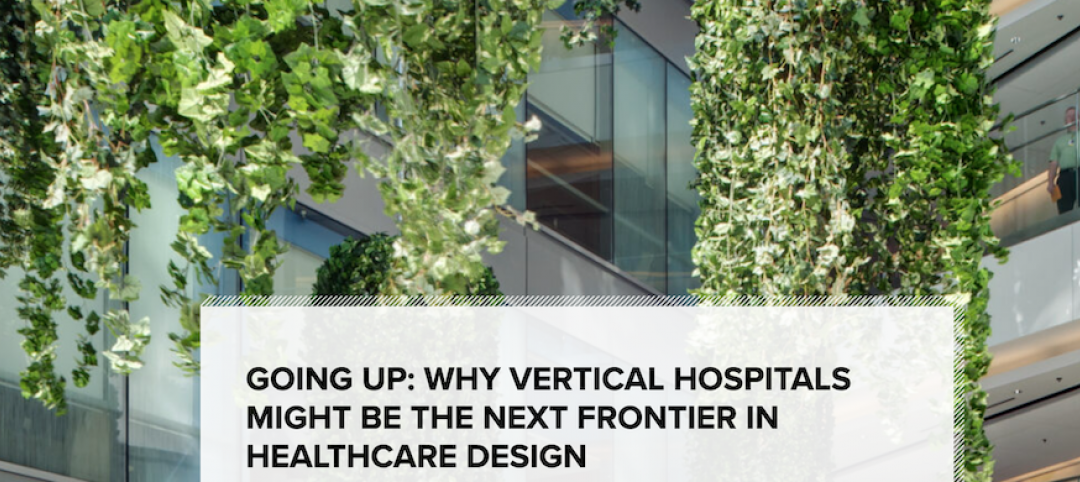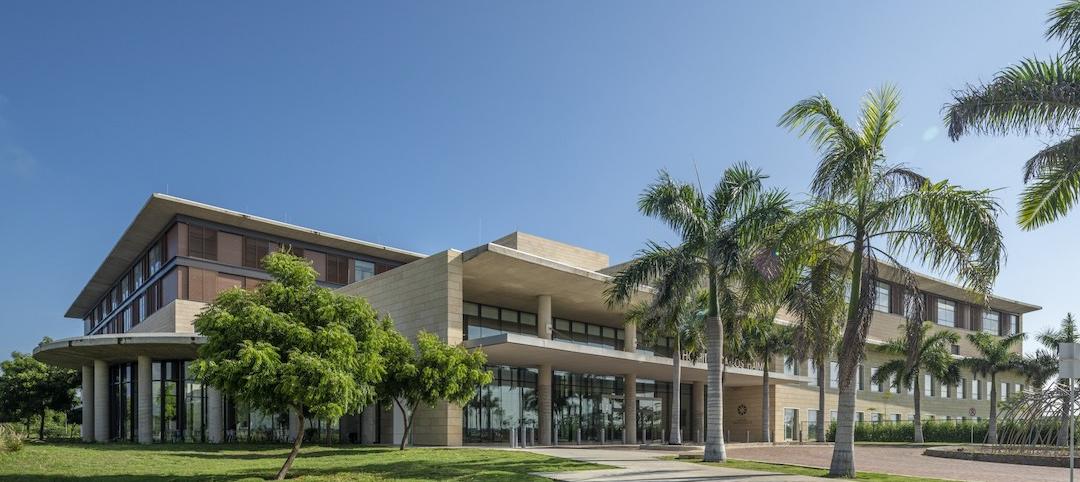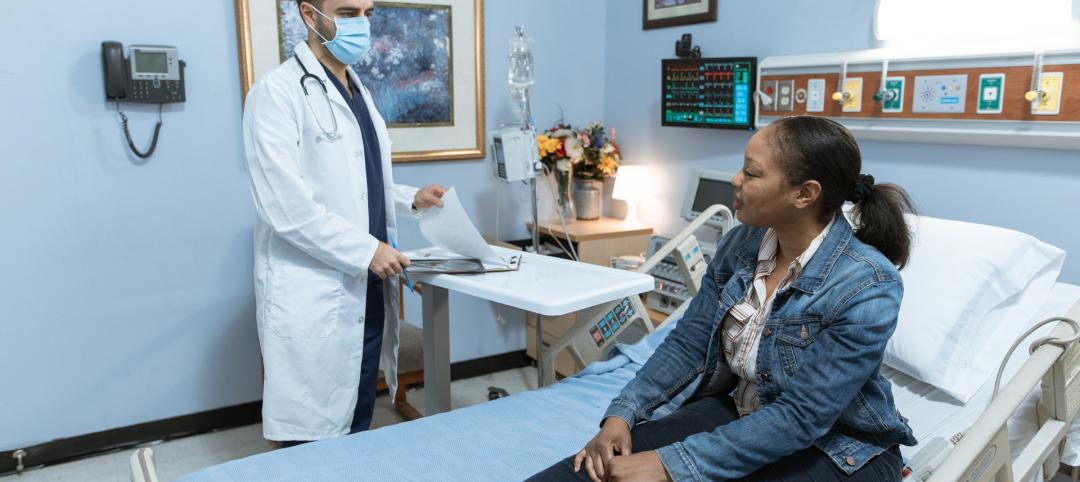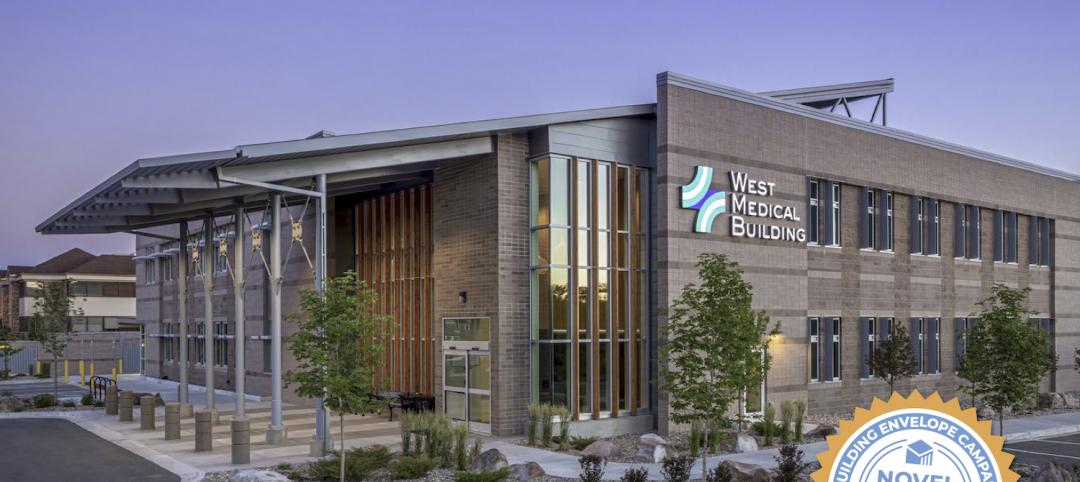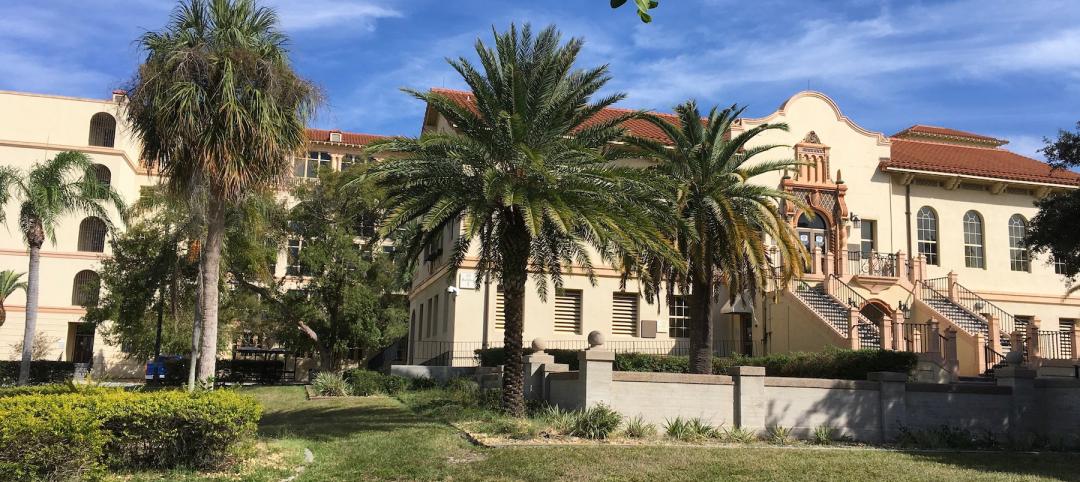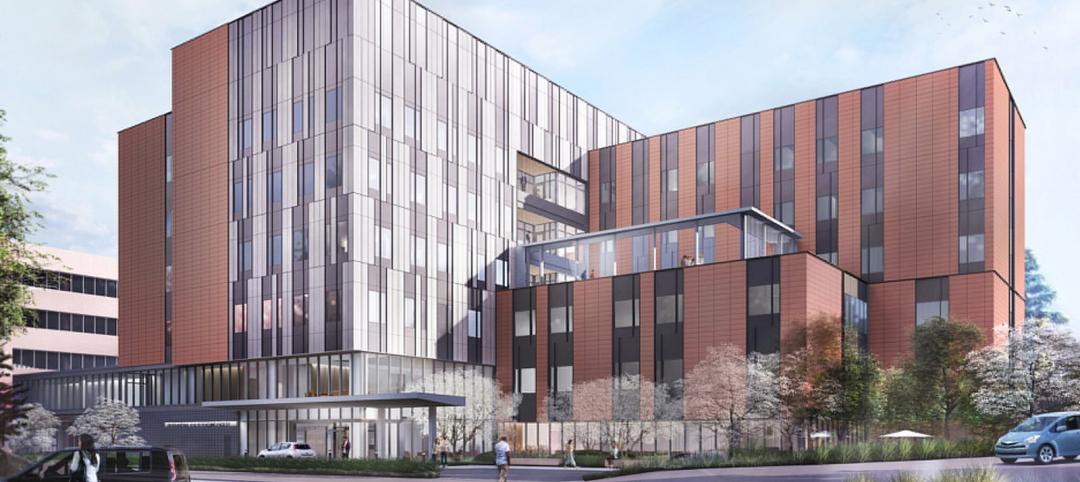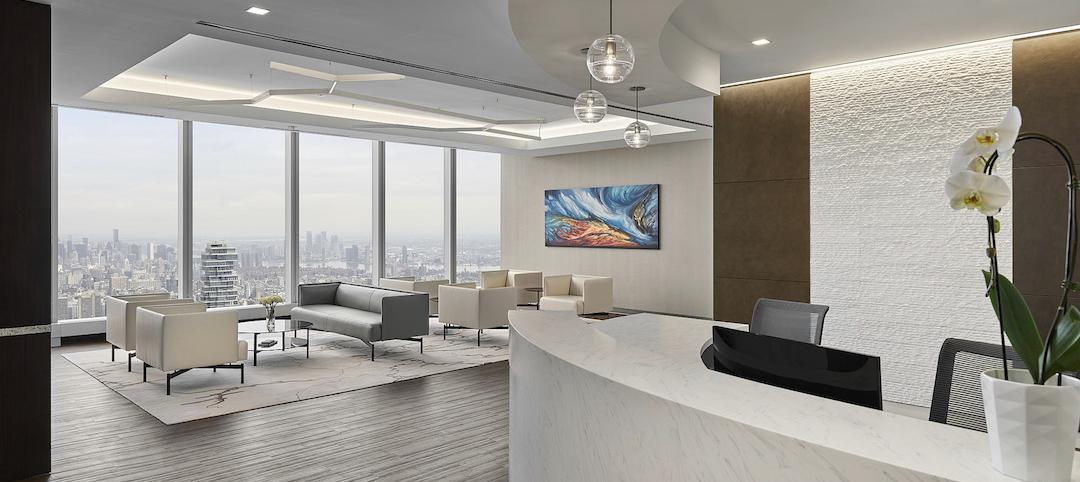This morning marks roughly 48 hours since my family and I emerged from our temporary home not knowing what we’d find in the wake of Hurricane Irma. After a circuitous route home, we pulled into our driveway with the same uncertainty. We’re among those fortunate enough to have minimal damage and are fully functional with power and water. Millions of our fellow Floridians were not as fortunate and are still waiting for power and water. Pictures from the Caribbean and the Florida Keys are heartbreaking to look at and I find myself pondering if I would have the strength to endure what thousands are presently enduring. My family is truly fortunate and grateful.
Planning for Disaster
As the storm approached Florida, two of our clients battened down the hatches in relatively new hospitals, designed specifically to withstand significant weather events like Hurricane Irma. During a situation like this there are three things I know to be true: Mother Nature can be quite unpredictable, no facility is infallible and no plan is foolproof. Despite this, patients and families in our clients’ facilities could take comfort in knowing these buildings were designed with severe weather in mind. The leadership of these organizations had a specific vision to commission the design and construction of these facilities to withstand these weather events and then backed that vision up with the funding to make it happen. A few significant design outcomes of this vision were:
- Generators that keep air conditioning functioning when the power goes out
- Glass designed to withstand significant impact from airborne debris
- Wells to bring water from the ground to replace city water
These are features we all hope are never needed but require significant investment and commitment from the organizations’ leadership. Are these additions truly worth the cost when there are so many other issues competing for capital dollars? If you ask this same question to the families, patients and staff who faced Irma in those buildings, you would get a resounding “yes.” This week, the vision those leaders had a decade ago, came to fruition.
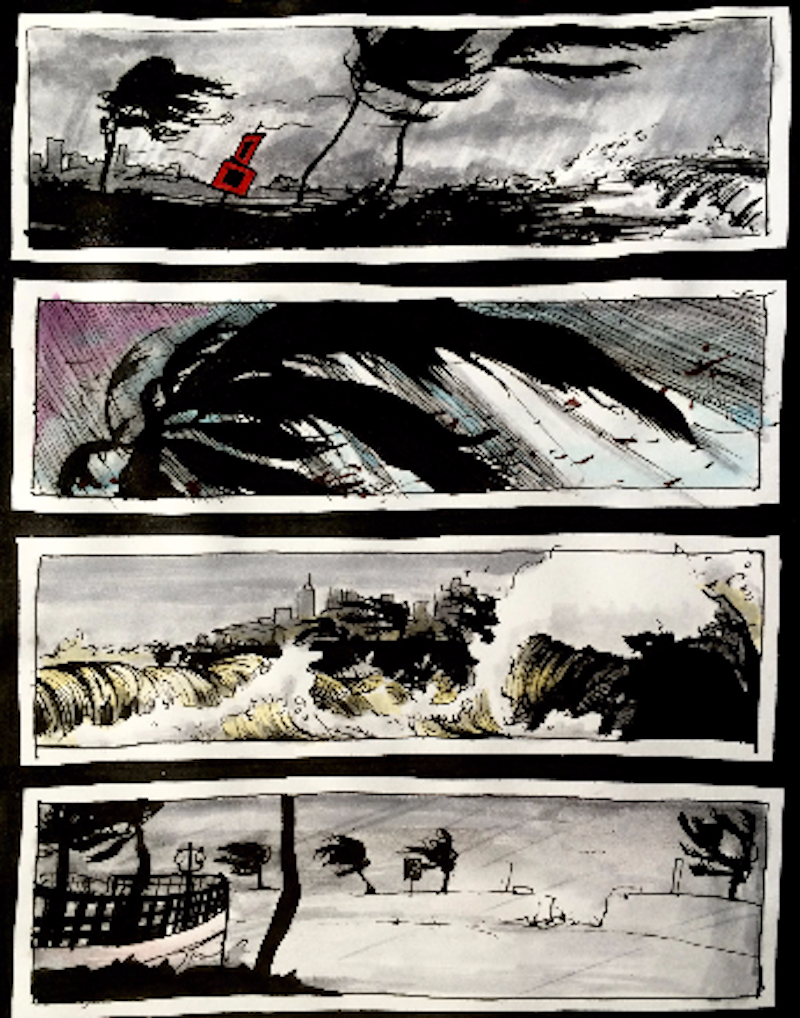
Setting Priorities
Not all hospitals have, (or should have), the same vision that these organizations did, but a significant step in planning a major capital project is knowing what you want to get from your facilities and what you feel is most important. Owners have the ability to set the tone and direction, and they have the most impact on new projects at the beginning of the project life cycle. The ability to clearly communicate specific priorities to your team is among the most important tasks the owner’s leadership team will perform. In essence, if you don’t know what you want out of your new facility, then how will you know if you’ve achived it once completed?
Take the time to reflect and put in writing the vision for your new project. Know that each organization has its own needs and priorities; yours are specific to your patients, staff and community. Common features to consider include:
- Resiliency
- Family accommodations
- Flexibility of space
- Ease of expansion
Organizations should take time to consider the entire spectrum of possibilities and narrow down a list that will most benefit your organization. Keep in mind this work does not end when the vision is written down; it will resurface as cost estimates come in and roadblocks need to be worked through. Having a clear organizational vision that everyone is on board with will be extremely helpful as you overcome obstacles and challenges.
Conclusion
Devastating events like Hurricanes Irma and Harvey have a way of clarifying complicated issues - How do you protect and save life? Knowing what you want to get from your facilities is an invaluable step towards successful capital planning. Healthcare leaders and those engaged in new facility projects should take time to ensure the project vision is clear and at the forefront of each team member’s mind. Once project priorities are developed and clearly communicated,the better your chance of team member engagement ultimately leading to a successfully completed project.
Related Stories
Healthcare Facilities | Dec 15, 2021
COVID-19 has altered the speed and design of healthcare projects, perhaps irrevocably
Healthcare clients want their projects up and running quicker, a task made more complicated by the shortage of skilled labor in many markets.
Healthcare Facilities | Dec 15, 2021
MEP design considerations for rural hospitals
Rural hospitals present unique opportunities and challenges for healthcare facility operators. Oftentimes, the infrastructure and building systems have not been updated for years and require significant improvements in order to meet today’s modern medical demands. Additionally, as these smaller, more remote hospitals are acquired by larger regional and national healthcare systems, the first step by new ownership is often to update and rehabilitate the building. But how can this be done thoughtfully, economically, and efficiently in ways that allow the engineering and facility staff to adapt to the changes? And how can the updates accurately reflect the specific needs of rural communities and the afflictions with which these areas most commonly face?
Healthcare Facilities | Dec 7, 2021
Wheeler Kearns Architects completes Howard Brown Health’s Broadway Youth Center in Chicago
The new facility will provide medical and social service programs to LGBTQI+ youth.
Healthcare Facilities | Nov 23, 2021
Why vertical hospitals might be the next frontier in healthcare design
In this article, we’ll explore the opportunities and challenges of high-rise hospital design, as well as the main ideas and themes we considered when designing the new medical facility for the heart of London.
Healthcare Facilities | Nov 12, 2021
Centro Hospitalario Serena Del Mar is Safdie Architects’ first project in Latin America
The hospital project is characterized by its connectivity to nature.
Healthcare Facilities | Nov 2, 2021
Key design considerations for designing the smart patient room
The complete patient experience encompasses the journey to the hospital, the care experience, and the trip back home. All these touchpoints come with an expectation.
Cladding and Facade Systems | Oct 26, 2021
14 projects recognized by DOE for high-performance building envelope design
The inaugural class of DOE’s Better Buildings Building Envelope Campaign includes a medical office building that uses hybrid vacuum-insulated glass and a net-zero concrete-and-timber community center.
Healthcare Facilities | Oct 22, 2021
The VA is updating what once was the main hospital on a Florida medical campus
The renovated Building One will provide outpatient services.
Healthcare Facilities | Oct 21, 2021
UW Medical Center starts construction on Behavioral Health Teaching Facility
Will add much-needed patient bed capacity for Seattle.
Healthcare Facilities | Oct 20, 2021
Ware Malcomb completes Princeton Longevity Center at 1 World Trade Center
The project is located on the 71st floor.



